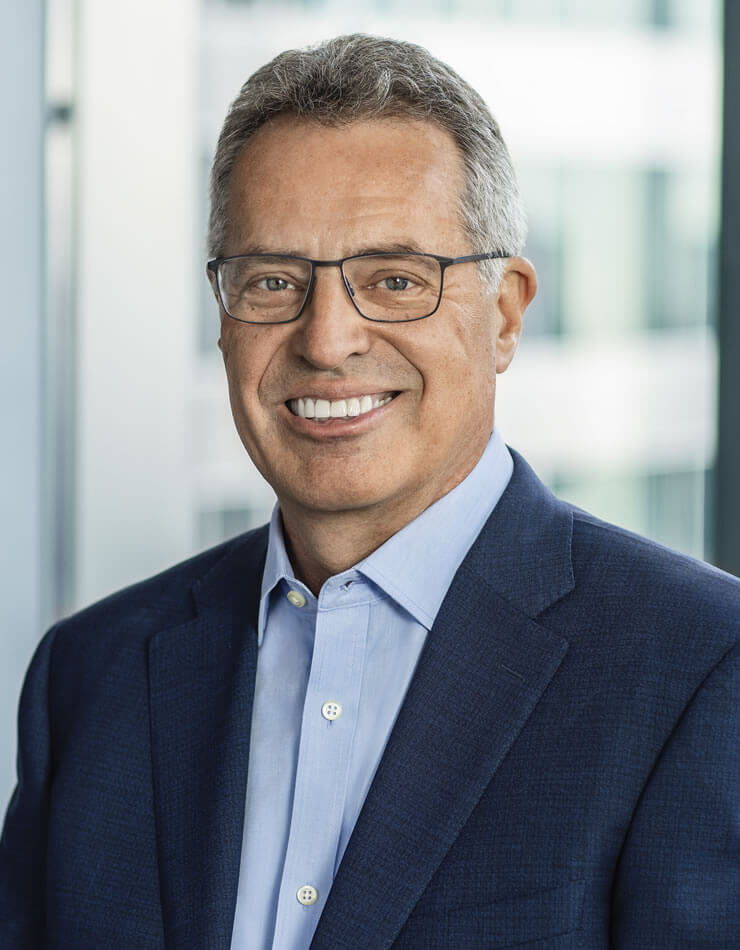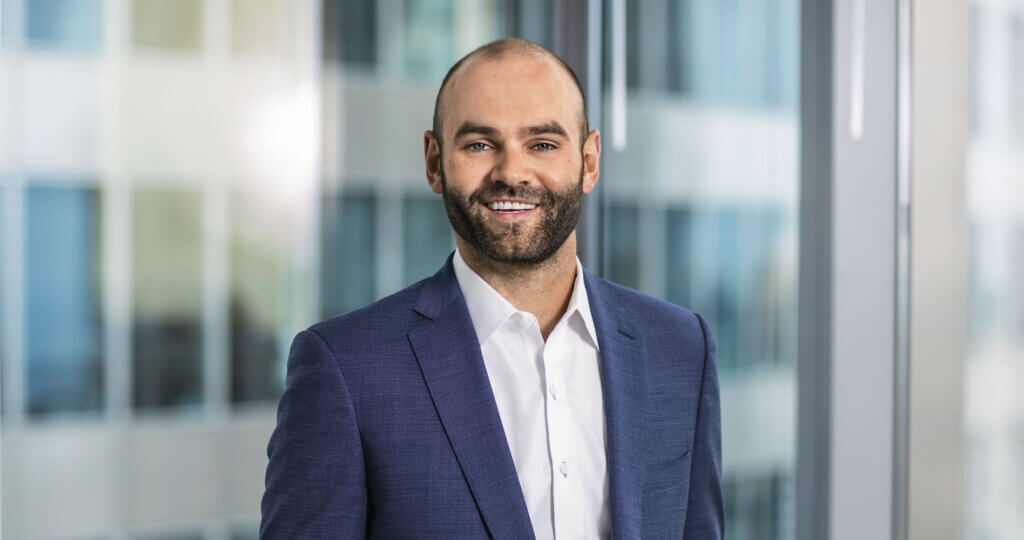Oakmark Global Select Fund - Investor Class
Average Annual Total Returns 09/30/19
Since Inception 10/02/06 7.12%
10-year 8.79%
5-year 4.81%
1-year -4.90%
3-month -0.77%
Gross Expense Ratio as of 09/30/18 was 1.19%
Net Expense Ratio as of 09/30/18 was 1.12%
Past performance is no guarantee of future results. The performance data quoted represents past performance. Current performance may be lower or higher than the performance data quoted. The investment return and principal value vary so that an investor’s shares when redeemed may be worth more or less than the original cost. To obtain the most recent month-end performance data, view it here.
The Oakmark Global Select Fund declined 4.9% for the fiscal year ended September 30, 2019, underperforming the MSCI World Index, which returned 1.8%. For the most recent quarter, the Fund declined 0.8% compared to the benchmark’s return of 0.5%. More importantly, the Fund has returned an average of 7.1% per year since its inception in October 2006, outperforming the MSCI World Index’s annualized gain of 5.8% over the same period.
Alphabet, the parent company of Google, headquartered in the U.S., was the largest contributor for the quarter. Alphabet delivered second-quarter earnings results that exceeded market expectations. Total revenues grew 22% in constant currency and advertising revenues accelerated from the pace in the first quarter. In addition, the company’s operating margin of 24% exceeded consensus expectations of 22.5%. Alphabet also disclosed that its cloud business now exceeds an $8 billion run-rate. Finally, management also announced a new $25 billion share repurchase plan. This authorization is larger than the company’s previous repurchase plans and suggests that management believes the shares are undervalued.
Charter Communications, a U.S. communications and entertainment solutions provider, was the Fund’s largest contributor for the fiscal year. The share price climbed early in the year after the release of fourth-quarter earnings that exceeded analysts’ expectations. Investors reacted positively to first-quarter and second-quarter results as well, which provided further evidence of the company’s increasing profitability, declining capital intensity and improved free cash flow generation, primarily due to the continued growth of the company’s broadband business. In addition, the company continues to repurchase shares, and we remain confident that it can reward shareholders over the long term.
Daimler, a global automotive and truck manufacturer based in Germany, was the largest detractor for the quarter. The company’s share price suffered due to a profit warning in early July where Daimler took provisions totaling EUR3.1 billion for diesel-related investigations, Takata airbags and halted development projects. We believe this is an example of the new management team trying to clear the decks as it moves forward with a new strategy to be laid out at the company’s Capital Markets Day in November. The company’s most recent earnings results, released in July, were mixed. Total revenue growth from industrial operations fell short of our estimates due to weakness at Mercedes-Benz cars, while revenue growth in the company’s trucks, vans and buses segments all exceeded our forecasts. Free cash flow generation was weak as expected due in part to a significant inventory build. One major cause of this build was production issues at the company’s plant in Tuscaloosa, Alabama. However, in the third quarter, sales trends of the affected models indicated that momentum is improving and that the production issues have largely been resolved. This should lead to better financial results in the second half of the year. Longer term, we believe Daimler will improve profitability and cash flow generation under its new leadership team. The stock also remains exceptionally cheap, in our opinion. Figuratively, one can buy the company’s shares today and get its largest business—Mercedes-Benz cars—for free.
Apache, a U.S.-based oil and gas exploration company, was the largest detractor for the Fund’s fiscal year. Apache’s results have been pressured by falling oil, NGL and natural gas prices in the U.S. over the past year, particularly in the Permian Basin where natural gas prices have fallen to negative levels at various times. Economics at Apache’s Alpine High have been particularly pressured as this asset is highly dependent on Permian NGL and natural gas prices. As a result, the company has recently shut-in Alpine High production and pulled back on drilling activity, leading to weaker than expected financial results. Apache should recoup this shut-in production once Permian gas prices recover. In the meantime, the company is directing more capital toward oil wells in the Permian Basin, which should deliver solid returns.
During the quarter, we sold our investments in Diageo (U.K.) and Willis Towers Watson (U.K.) and purchased Bayer, a German-based company with sizable global businesses in pharmaceuticals, agricultural productivity and consumer health products. We also purchased shares in Prosus, a Dutch holding company that was carved out of Naspers during the third quarter (though Naspers retains a 74% stake in the company). Prosus owns stakes in multiple leading internet businesses, such as Tencent (leading social network in China), Delivery Hero (one of the leading food delivery companies), Mail.ru (largest social network in Russia) and Ctrip (largest OTA in China). In addition, the company has a valuable online classifieds business, called OLX, and controls stakes in several other private companies. We are attracted to Prosus due to its valuable internet holdings, management’s strong capital allocation track record and its attractive valuation.
Geographically, 51% of the Fund’s holdings were allocated to equities in Europe and the U.K., while approximately 43% were invested in U.S. companies and 6% in Asian equities.
We continue to believe the Swiss franc is overvalued versus the U.S. dollar. As a result, we defensively hedged a portion of the Fund’s exposure. Approximately 14% of the Swiss franc exposure was hedged at quarter end. We thank you for your continued support.
The securities mentioned above comprise the following preliminary percentages of the Oakmark Global Select Fund’s total net assets as of 09/30/19: Alphabet Cl C 8.4%, Apache 2.4%, Bayer 4.7%, Charter Communications Cl A 5.6%, Ctrip 0%, Daimler 6.7%, Delivery Hero 0%, Diageo 0%, Mail.ru 0%, Naspers 0%, Prosus 1.6%, Tencent 0% and Willis Towers Watson 0%. Portfolio holdings are subject to change without notice and are not intended as recommendations of individual stocks.
The net expense ratio reflects a contractual advisory fee waiver agreement through January 27, 2020.
The MSCI World Index (Net) is a free float-adjusted, market capitalization-weighted index that is designed to measure the global equity market performance of developed markets. The index covers approximately 85% of the free float-adjusted market capitalization in each country. This benchmark calculates reinvested dividends net of withholding taxes. This index is unmanaged and investors cannot invest directly in this index.
Because the Oakmark Global Select Fund is non-diversified, the performance of each holding will have a greater impact on the Fund’s total return, and may make the Fund’s returns more volatile than a more diversified fund.
The percentages of hedge exposure for each foreign currency are calculated by dividing the market value of all same-currency forward contracts by the market value of the underlying equity exposure to that currency.
Investing in foreign securities presents risks that in some ways may be greater than U.S. investments. Those risks include: currency fluctuation; different regulation, accounting standards, trading practices and levels of available information; generally higher transaction costs; and political risks.
The discussion of the Fund’s investments and investment strategy (including current investment themes, the portfolio managers’ research and investment process, and portfolio characteristics) represents the Fund’s investments and the views of the portfolio managers and Harris Associates L.P., the Fund’s investment adviser, at the time of this letter, and are subject to change without notice.
All information provided is as of 09/30/2019 unless otherwise specified.









